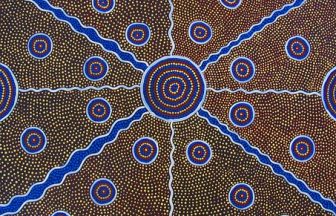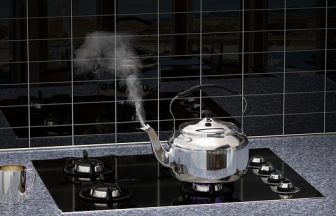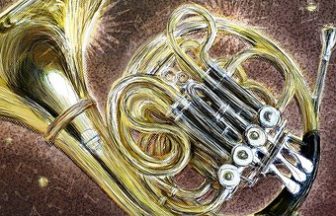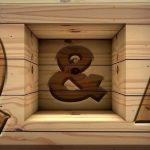「しるし」|「sign」「mark」「token」の違いと使い方
目に見える「しるし」もあるし、目に見えないものを具体的に表す「しるし」もある。英語の言い方を覚えておきましょう。
「しるし」|「sign」はあることを意味するしるし
sign はあることを意味するしるしを表すときに使われる最も一般的な語。
危険地帯で。 The child fled at the first sign of danger in the battlefield. (戦場でその子は危険と見るや逃げてしまいました) ※ flee-fled-fled「逃げる」 battlefield「戦場」
よく当たります。 People say that low-flying swallows are a sign of coming rain. (ツバメの低空飛行は雨の前兆だそうです) ※ swallow「ツバメ」
老化現象。 It’s a sign of old age to look back on your younger days. (若い頃を思い浮かべるというのは年を取った証拠です)
無人島の探検。 There is no sign of anyone having ever lived in this cave. (この洞窟に人が住んでいた形跡はありません) ※ cave「洞窟」
「しるし」|「mark」は内在的特徴を示すしるし
mark は人や物の内在的特徴を示すしるしを表すときに使われる語。
内面の現れ。 My grandfather often says that politeness is a mark of good breeding. (祖父は、礼儀正しさは育ちのよいしるしだとよく言っています)
痕跡。 Hiroshima’s Atomic Bomb Dome still bears the marks of the war. (広島の原爆ドームは今もなお戦争の痕跡をとどめています) ※ bear「(痕跡を)帯びる」
墓参り。 On the island, they offered flowers before a grave as a mark of respect for the dead. (その島で彼らは亡くなった人に対する敬意のしるしとして墓前に花を手向けました) ※ grave「墓」 the dead「死者」
お辞儀。 The boys bowed to the manager as a mark of respect after the baseball game. (少年たちは野球の試合後、尊敬のしるしとして監督にお辞儀をしました)
「しるし」|「token」は抽象的なものを具体的に表したしるし
token は抽象的なものを具体的に表したしるしをいうときに使われる語。
愛のしるし。 He gave her a kiss as a token of love. (彼は愛のしるしとして彼女にキスしました)
感謝のしるし。 I would like to present you with this medal as a token of our appreciation. (私たちの感謝のしるしとしてこのメダルを贈ります) ※ present「贈る」 appreciation「感謝」
送別会で。 We gave him a small token of farewell. (はなむけとして彼に心ばかりの品を贈りました)
友好の印。 The government presented cherry trees to the city as a token of their friendship. (友好のしるしとして政府からその市へ桜の木が送られました) ※ friendship「友好」
まとめ|「しるし」「sign」「mark」「token」
sign はあることを意味するしるし
mark は内在的特徴を示すしるし
token は抽象的なものを具体的に表したしるし
















